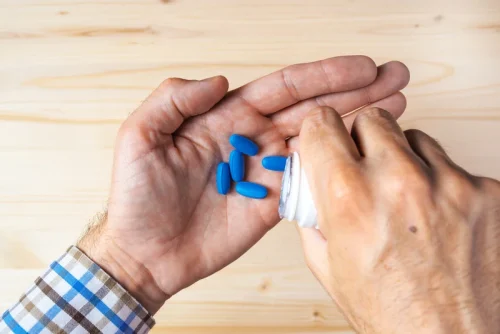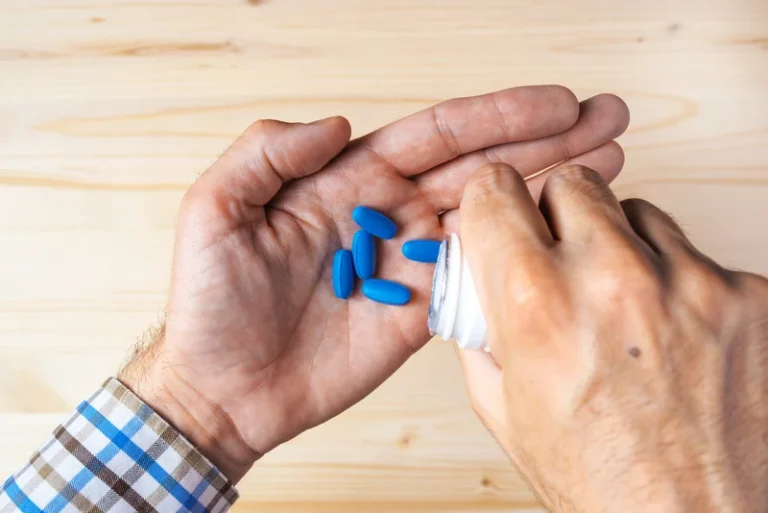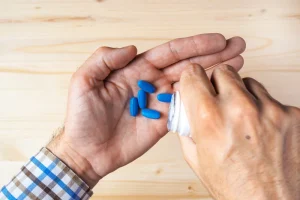It is essential to recognize these struggles and encourage open conversations about mental health within the music industry. Eminem, also known as Marshall Mathers, is a highly regarded rapper who openly shares his struggles with drug addiction. He battled with substance abuse, particularly addiction to prescription medications. Eminem’s journey to recovery was marked by numerous challenges, but he was able to regain control of his life and achieve sobriety. His story serves as an inspiration to many others who are grappling with addiction.

I’m a Paralympian. We’re not your ‘inspiration’ — we’re elite athletes

Their stories emphasize the need for support systems, counseling, and resources that can help artists cope with the pressures they face. Rappers who have successfully battled drug addiction inspire others by demonstrating that recovery is possible. Their stories provide hope and serve as a reminder that with determination, support, and professional help, individuals can break free from the cycle of addiction. By sharing their stories, these rappers offer encouragement and motivation to those who may be struggling with their own substance abuse issues. For rappers struggling with drug addiction, seeking help and overcoming their addiction is a crucial step towards recovery.
Educating the Public on the Realities of Substance Abuse
Also, some artists proudly speak out against the current drug obsession in Hip Hop. By promoting mental health awareness, rappers who have overcome drug addiction encourage their peers to prioritize their well-being and seek help when needed. They inspire a dialogue about mental health issues, encouraging artists to address their struggles openly and seek the necessary support.
Lil Scrappy
The late rapper Mac Miller battled addiction to substances including opioids and cocaine. He was open about his struggles in his music and interviews, and his death in 2018 was attributed to an accidental overdose. Please note that the table above provides examples of different rappers and the specific drugs they have struggled with.
Remember, seeking help is a sign of strength, and overcoming addiction is a journey that requires perseverance and dedication. Public awareness campaigns and initiatives have emerged, aiming to educate the public about the realities of drug addiction and encourage empathy towards those affected. These efforts aim to combat the stigma surrounding addiction and promote a more understanding and supportive environment for rappers seeking help. The struggles of rappers battling drug addiction have generated significant public awareness and reactions. Fans, fellow artists, and the media often closely follow these stories, as they humanize the issue and spark discussions about the prevalence of addiction within the rap industry. The reactions to these struggles can vary, ranging from empathy and support to criticism and judgment.
Drugs may provide a temporary escape or a means to enhance creativity, but they can also become a destructive coping mechanism that spirals into addiction. Discover safe drug detox treatment options to manage withdrawal with medical support, tailored programs, and expert care for a strong start on the path to recovery. Since molly’s fading popularity and the increase in codeine mentions, other over-the-counter and prescription drugs have crept into hip-hop’s woozy landscape. Rap’s obsession with Xanax began in 2011 when Tyler, The Creator mentioned the pill on “Yonkers.” Since then, Young Thug, Future, and 2 Chainz have all mentioned Xanax in their music. These days, prescription drugs seem to be a part of the rapper starter kit.
- “It’s a stigma attached to drug addiction,” Carmela tells XXL about why so few people who find themselves in the throes of narcotics or opiod dependency get help.
- Overcoming drug addiction is a challenging journey, but many rappers have managed to find recovery and redemption in their lives.
- Gucci Mane is one of several rappers who didn’t quit their addiction because of their time in rehab.
More From KFF Health News
Drug dependency can have a significant impact on the careers of rappers. Substance abuse can lead to a decline in creativity, reliability, and overall performance. It can affect an artist’s ability to deliver consistent quality work, resulting in missed opportunities and damaged professional relationships. Start drug detox at home with a strong support system, clear goals, and professional guidance from a drug rehab center in Brooklyn for a safer, effective recovery journey.
- These initiatives play a crucial role in raising awareness, reducing stigma, and encouraging individuals to seek help.
- “Fentanyl is much cheaper to make and easier to smuggle because small amounts are very powerful. Many who overdose have no idea the substances they are taking include fentanyl.”
- In his song “U Said,” he talks about dealing with the emotional pain of a broken relationship by popping pills and getting high.
- Additionally, these individuals often leverage their platform to advocate for addiction awareness and support campaigns.
- When the pandemic hit and we were all in lockdown, I finally got to press pause.
- We need to get people into treatment and CLEAN Cause is doing that, and I’m excited to be a part of it.
His brothers sold crack and were frequently incarcerated, and his mother and sisters endured sexual abuse. His traumatic upbringing brought on bouts of anxiety and depression. Before his death from a suspected overdose in 2017, Lil Peep talked about his depression in an interview with Pitchfork. The rapper and YouTube star said that he moved to California to distance himself from the people and places that led to his mental illness. But he continued to battle depressive thoughts, including suicidal ideations.

A shifting attitude toward addiction and mental illness has taken place among the rap community. From Macklemore speaking with Obama about opioid abuse to Logic releasing sober rappers a song about suicide awareness, more rappers today are bringing these subjects to the forefront. Rap music may have affected adolescent substance use in Texas. Since the 1980s, rappers have referenced substance use in lyrics. Others have expressed concern about drug culture, emphasizing the negative consequences, including addiction.